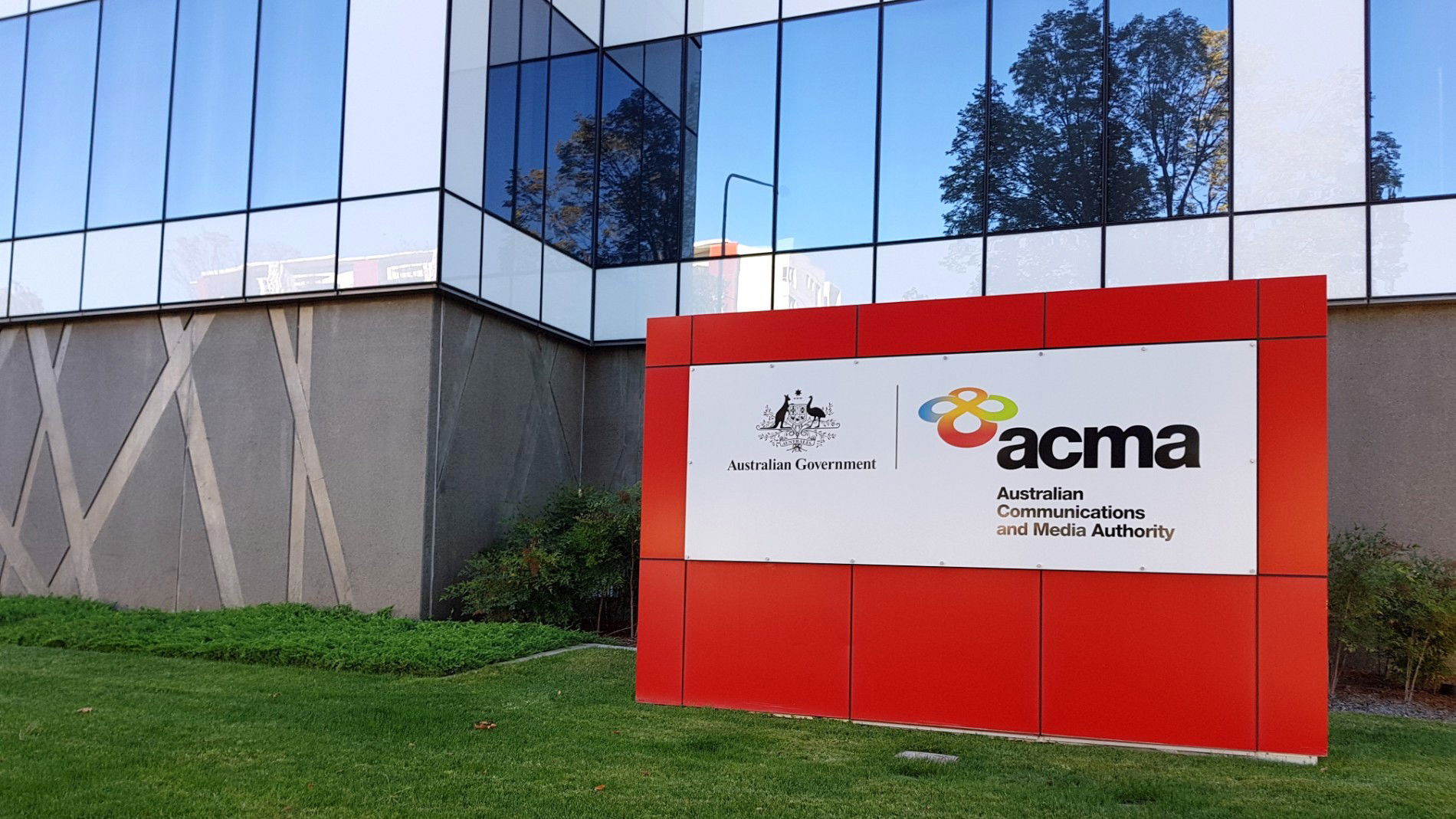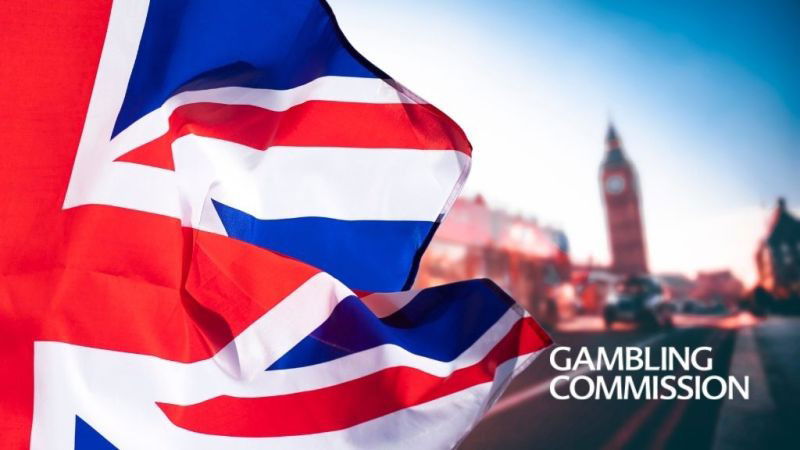Brazil unveils plan to raise betting tax to 18% to offset IOF revenue losses

Brazil's Minister of Finance, Fernando Haddad, has confirmed that the government will raise taxes on betting and implement a series of fiscal changes aimed at offsetting revenue losses from a reduction in IOF (Tax on Financial Transactions). The announcement followed nearly six hours of negotiations with congressional leaders on a package of measures targeting the financial system.
The gross gaming revenue (GGR) tax on betting will increase from 12% to 18%, a move that could push the sector’s total tax burden beyond 56.25%. Haddad noted that this was the Ministry’s original rate proposal when betting regulation was introduced. “GGR is the difference between the prize payouts and the betting revenues. The 18% was our original rate,” he said.
The updated fiscal strategy will be presented through a Provisional Measure (MP) that also includes new taxation on previously exempt financial instruments such as Real Estate Credit Bills (LCIs) and Agribusiness Credit Bills (LCAs), which will now carry a 5% tax.
Additionally, the CSLL (Social Contribution on Net Profit) will no longer apply the standard 9% rate and will instead be levied solely at higher rates of 15% and 20%.
Haddad outlined four core components of the plan: adjustments to the IOF decree, cuts to non-constitutional tax benefits, increased betting taxation, and proposed reductions in primary government spending.
Measures to reduce tax expenditures by 10% will exclude programs like Simples Nacional and the Manaus Free Trade Zone, and further spending cut proposals are set to be discussed in upcoming meetings.
As part of the discussions, Haddad announced that preliminary data on the newly regulated sports betting and online gaming market will be shared. “We are going to present the first data from the regulation of bets — the size of this market, how it is structured,” he said, highlighting that such an assessment was previously not possible before regulation came into effect under the current administration.
The increase in betting taxes is expected to meet resistance in Congress, particularly in the Chamber of Deputies, where concerns are mounting that the higher tax rate could fuel illegal betting activity and undermine formal market growth.
Industry stakeholders have already expressed concern over the proposed changes, warning of potential consequences such as reduced investment, fewer license applications, and a shift of users toward unregulated platforms.
Tensions within the sector have also been fueled by speculation over stricter advertising regulations, which, if enacted alongside the higher tax rate, could further alter the business landscape for licensed operators.
Industry representatives argue that the combined effect of these changes would significantly alter return on investment projections and disrupt ongoing efforts to develop a compliant and competitive betting market in Brazil.

















